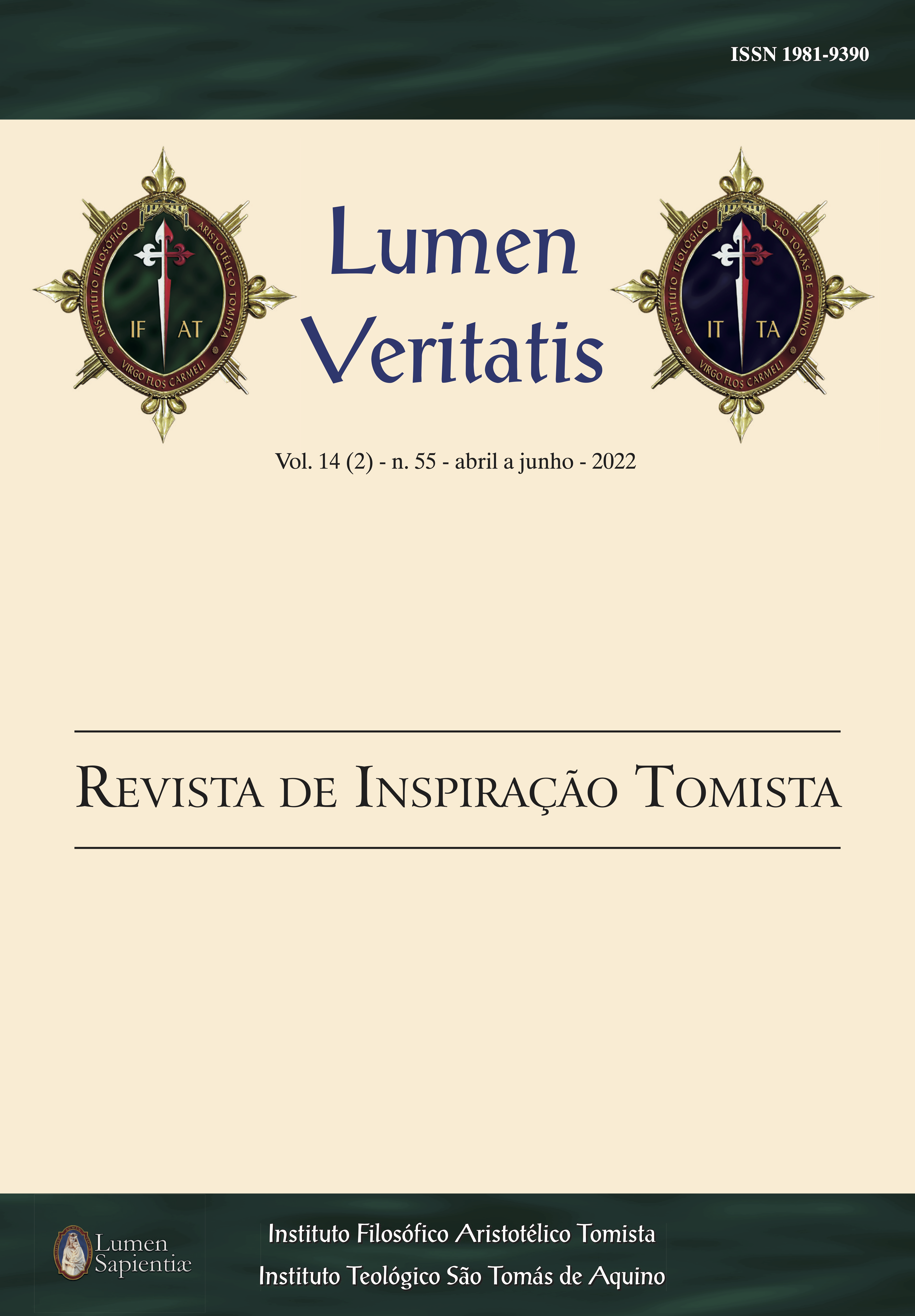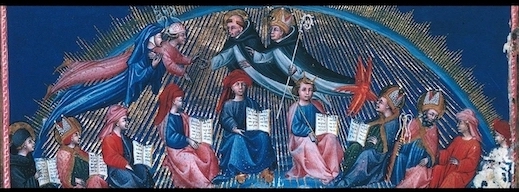O conceito lucano de Metanóo e Epistrépho como resposta ao convite do Reino
Palavras-chave:
μετανοω, ἐπιστρέφω, repentance, conversion, LukeResumo
Resumo
O presente artigo desenvolve uma pesquisa sobre dois temas considerados chave para a interpretação da obra Lucas-Atos: o arrependimento e a conversão. Com os conceitos de μετανόω e ἐπιστρέφω, o autor destes escritos transmite uma ideia abrangente e complexa de um elemento essencial no ministério querigmático salvador, desenvolvido em toda a obra de Jesus Cristo – desde a missão de seu precursor, João Batista, e da ação da Igreja Apostólica junto aos judeus e gentios até o acontecimento escatológico no fim dos tempos. Eis o chamado de Cristo a todos os homens para o perdão dos pecados e a posse da vida eterna, livrando-os da ira divina, conduzindo-os à fé em Jesus e à prática de obras dignas de conversão. Este convite, entretanto, exige uma resposta de abandono do pecado, de mudança de mentalidade e de completo “voltar-se” ao Senhor. Com um vasto sentido teológico e pastoral, São Lucas aborda esses temas de modo a permitir uma comparação temática em busca de sua acepção mais ampla e profunda. Assim sendo, do ponto de vista hermenêutico, sincrônico e diacrônico, utilizando-se de estudos recentes da exegese e de comparações da ocorrência dos termos nos escritos Lucas-Atos, buscar-se-á o conceito lucano de μετανόω e ἐπιστρέφω, como a resposta dos homens ao convite de Cristo para a participação no Reino de Deus.
Abstract
The present article develops a study about two topics considered essential in the interpretation of the Luke-Acts: repentance and conversion. With the concepts of μετανόω and ἐπιστρέφω, the author transmits a complex and broad awareness of one of the essential elements in the kerygmatic salvific ministry, developed within all of Jesus Christ’s work – from the mission of His precursor, John the Baptist, continuing throughout the activity of the Apostolic Church with the Jews and gentiles, and finally with the eschatological events at the end of time. Such is Christ’s call to all men, for the forgiveness of sins and the gaining of eternal life, saving from divine wrath, and leading to faith in Jesus and the practice of deeds worthy of conversion. This invitation, however, demands abandonment of sin, a change of mentality and a complete “turning” to the Lord. With his vast theological and pastoral sense, St. Luke approaches these topics in a way that permits a thematic comparison permitting a broader and more profound understanding. Therefore, from a hermeneutic, synchronic, and diachronic point of view, making use of recent exegetic studies and the comparisons of the occurrence of the terms within the Luke-Acts, this study investigates the Lukan concept of μετανόω and ἐπιστρέφω as man’s response to Christ’s invitation to the participation in God’s Kingdom.






